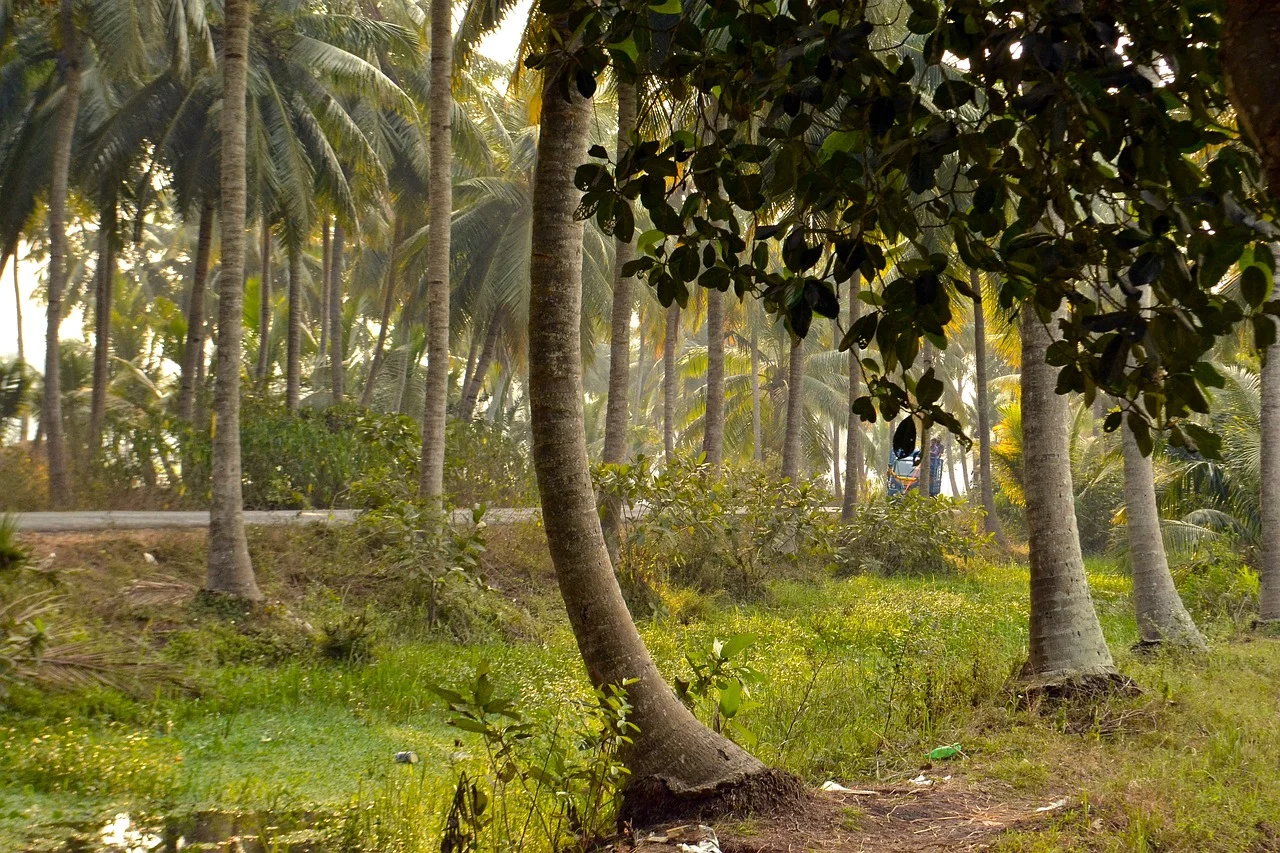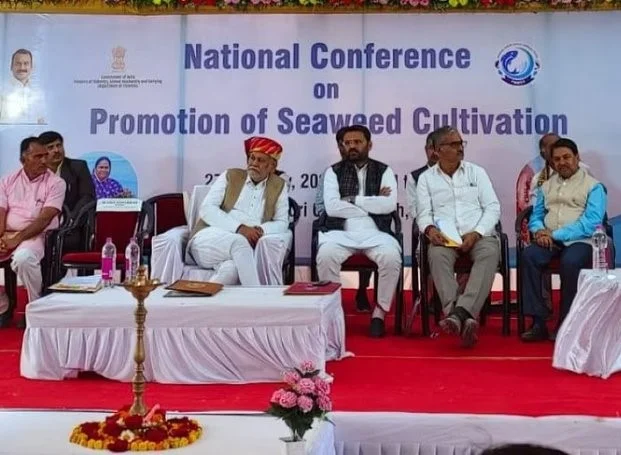Over a span of ten years, Farmer Adi Narayana attempted to dig eight bore wells to water his farm, but all of them failed. Determined and undeterred, even in his seventies, he decided to try for a ninth well in 2021, which finally provided an abundance of water. Today, he cultivates paddy, betel leaves, jowar, and tomatoes in rotation.”
“The success story isn’t just about the farmer’s unwavering belief; it’s also about the water management efforts along River Chitravati in the past six years. ‘Project Jaldhara,’ spearheaded by S.M. Sehgal Foundation in collaboration with Coca Cola India Foundation, has significantly improved the lives of 6,750 individuals in villages historically plagued by drought in the Anantapur district. These villages were on the brink of desertification, but the project has brought hope and sustainability to the region.
The region shows a stark contrast. While Hindupur, on the border, faces severe drought conditions, across the Karnataka border in Chikkaballapura, there’s a flourishing scene of floriculture and horticultural crops. The key difference seems to be the neglect of water resources on this side.”
“Until recently, farmers here relied solely on the monsoon for their single crop, usually groundnut or jowar. However, the construction of two check dams in Koduru-Subbaraopeta and Madhurepalli-Kandurparthi areas in 2020 has been a game-changer. These dams prevent runoff and enable water percolation, transforming the agricultural landscape.
In 2021, many farmers decided to plant paddy, which was previously seen as an unlikely choice. What’s more, they’ve started harvesting two crops annually, reserving the third season for growing fodder for their cattle. Golla Sriramulu from Madhurepalli proudly shares, ‘I’m getting water from a 2.5-inch pipe in my borewell, running continuously for several hours,’ as he admires his thriving paddy crop.”
Paddy cultivation now covers 180 out of 280 acres in Koduru village alone. From once facing uncertain groundnut harvests, farmers now exude self-assurance, cultivating paddy, maize, and venturing into coconut farming.
Anjali Makhija, trustee and CEO of S.M. Sehgal Foundation, highlights, “There’s been a 35% increase in irrigated land, with a 75% rise in crop yields. Furthermore, 82% of farmers have reported improved crop quality.”
A total of 92 members, including 17 women, form seven Water Management Committees to keep a close eye on all the check dams. This dedication to water management earned Coca-Cola India Foundation a national award from the Ministry of Jal Shakti.
Interestingly, nineteen families who had previously migrated to Bengaluru in search of work have now returned home. This ‘reverse exodus’ is also credited to the success of the water initiative.





